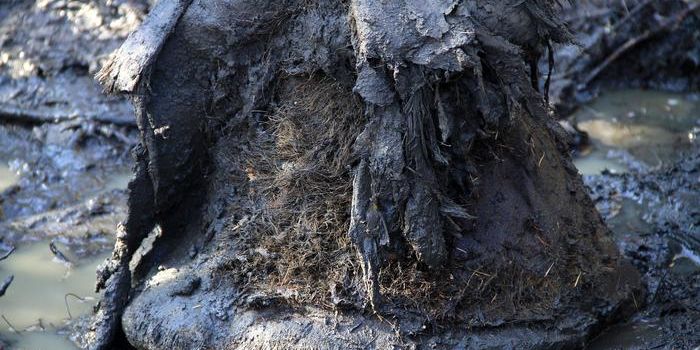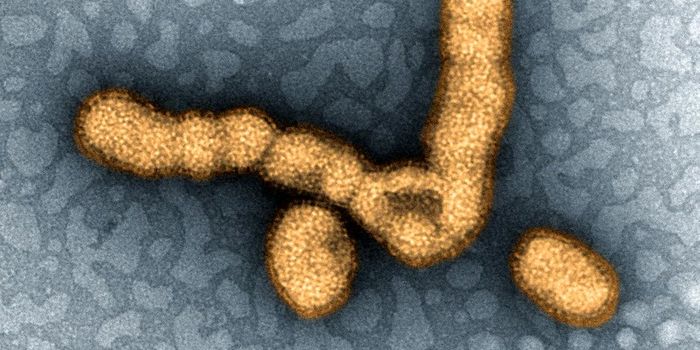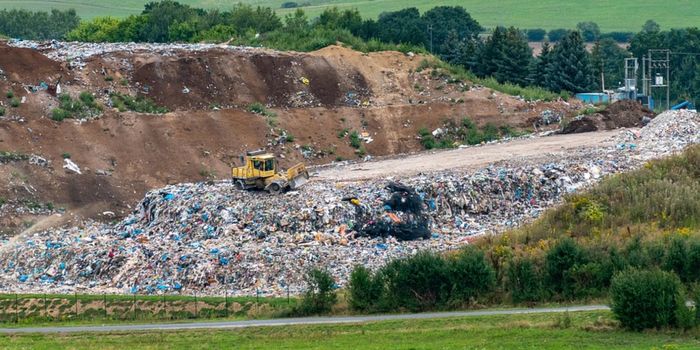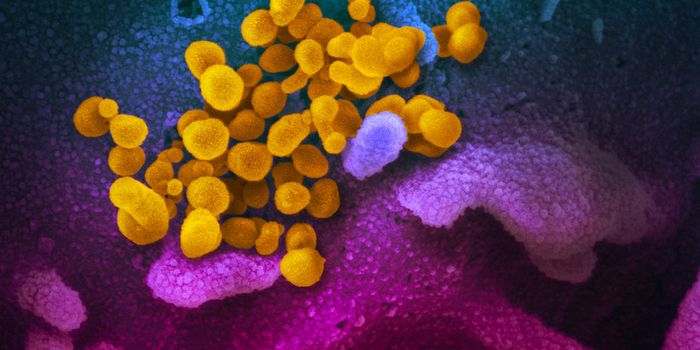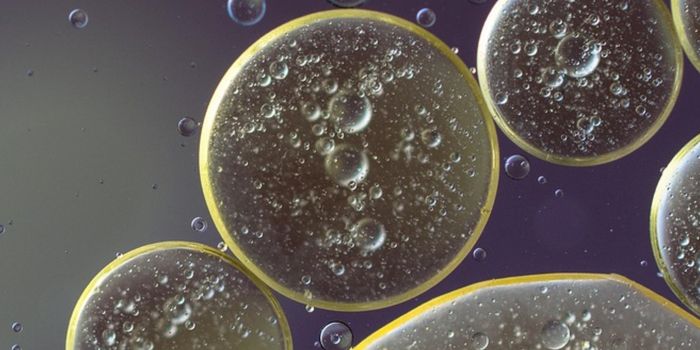Investigating the Microbial Life of Sourdough, International Bread of Mystery
Sourdough bread has a unique taste because it's not made with years from a packet; it's made with 'wild' yeast that grows in cultures of sourdough starter instead. Researchers have undertaken a study of 500 sourdough starters mostly from the United States and Europe, but also from New Zealand, Thailand, and Australia. In doing so they have learned more about the various environmental influences that affect the smell of sourdough and how fast it rises. They went beyond simply identifying the microbial species in the sourdough cultures, and investigated their relationships and functions; the findings have been reported in eLife.
"We didn't just look at which microbes were growing in each starter," said study co-author Erin McKenney, an assistant professor of applied ecology at North Carolina State University. "We looked at what those microbes are doing, and how those microbes coexist with each other."
"There have been quite a few small studies on microbial ecosystems in sourdough," noted study co-author Benjamin Wolfe, an associate professor of biology at Tufts University. "We think this is the first large-scale study, building on all of that previous work."
The researchers performed metagenomics on the samples - they sequenced all the genetic material it contained, and then selected 40 of the 500 starters as representatives that reflected the diversity seen in all samples. Further studies were then done on cultures of these 40 samples; a panel of professionals assessed the aroma profile of each sample, the researchers analyzed the chemical composition of the volatile organic compounds that each starter released, and they measured how fast doughs made from the starters rose.
The study showed that the geographic origin of the starter didn't have any discernible impact, and it challenges some sourdough stereotypes.
"This is the first map of what the microbial diversity of sourdoughs looks like at this scale, spanning multiple continents," said the co-lead study author Elizabeth Landis, a Tufts graduate student. "And we found that where the baker lives was not an important factor in the microbiology of sourdough starters."
"Lots of bakers felt sure that specific factors were responsible for variation between types of sourdough," McKenney added. "But what we found is that, while there could be tremendous variation between the microbial ecosystems of different sourdoughs, we could not find any single variable that was responsible for much of that variation."
It seems that lots of small differences added up to larger effects, noted co-lead study author Angela Oliverio, a former University of Colorado, Boulder graduate student. "We're talking about things like how old the sourdough starter is, how often it's fed, where people store it in their homes, and so on."
About 30 percent of samples were found to contain bacteria that produce acetic acid, surprising the researchers, who weren't expecting to find these microbes, and especially not at that level. These bacteria are apparently exerting a significant impact on the aroma and speed of the sourdough; sourdough containing acetic acid bacteria rises more slowly and has a vinegary scent.
Less surprisingly, about 70 percent of the samples carried baker's yeast, Saccharomyces cerevisiae. It wasn't usually alone though; the scientists found 70 types of yeast in the 500 samples.
"I think it's also important to stress that this study is observational—so it can allow us to identify relationships, but doesn't necessarily prove that specific microbes are responsible for creating specific characteristics," Wolfe said. "A lot of follow-up work needs to be done to figure out, experimentally, the role that each of these microbial species and environmental variables plays in shaping sourdough characteristics."
"And while bakers will find this interesting, we think the work is also of interest to microbiologists," Landis added. "Sourdough is an excellent model system for studying the interactions between microbes that shape the overall structure of the microbiome."
Sources: Phys.org via North Carolina State University, eLife


